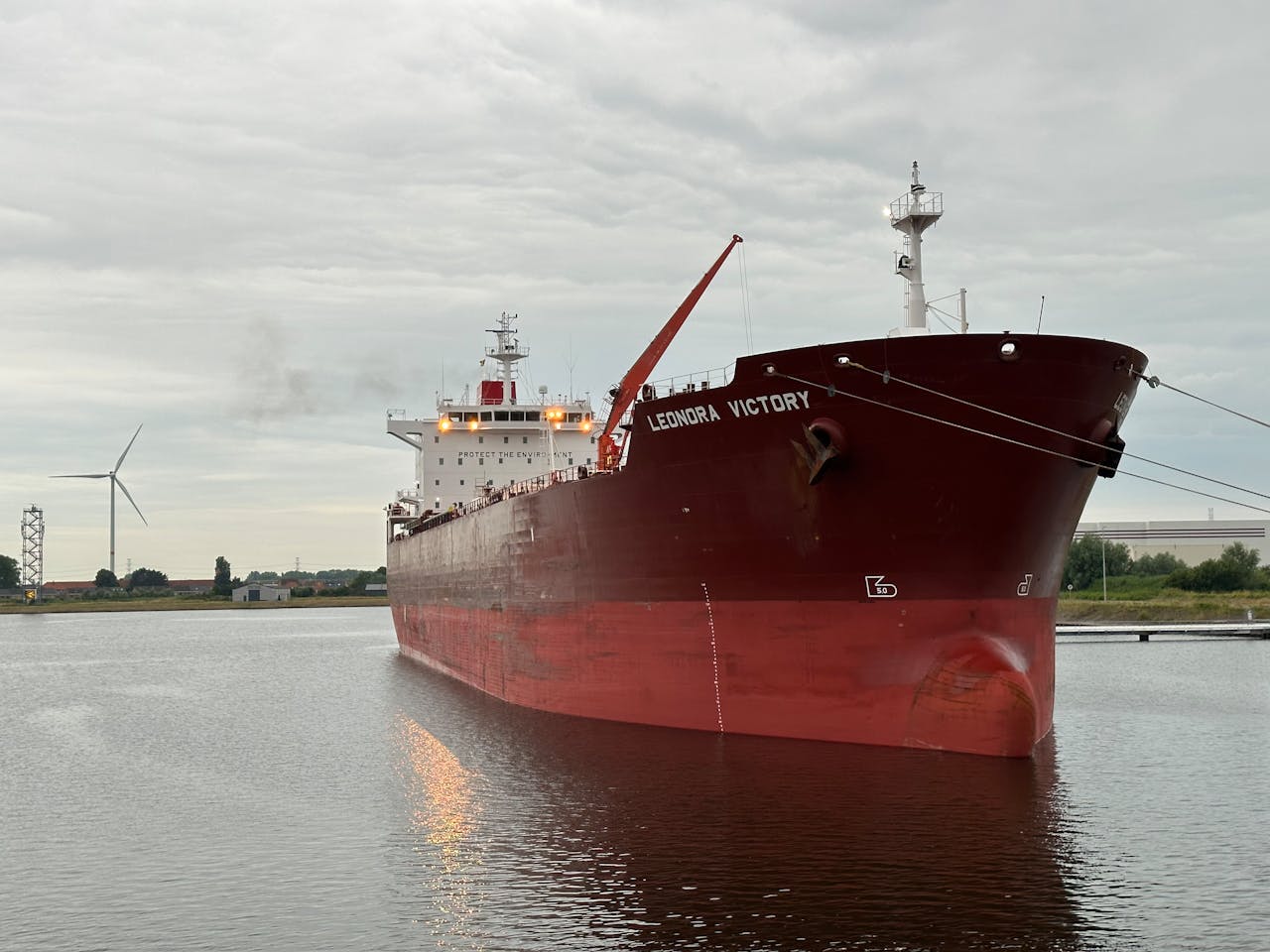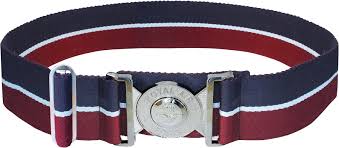Marine insurance is essential for businesses transporting goods, especially when shipping across oceans and international borders. It offers vital financial protection against the risks of cargo damage or loss during transit, whether by sea or land.
A well-rounded marine insurance policy provides broad coverage, helping to ensure your goods and assets are protected from a wide range of potential threats.
In this article, we’ll explore the key features to look for in a comprehensive marine insurance policy and how it can benefit both companies and individuals engaged in maritime trade. From safeguarding cargo to covering vessels, understanding the main elements of marine insurance can help you make a confident and informed choice.
What is Marine Insurance?
Marine liabilities insurance is a type of coverage that protects against the loss or damage of ships, cargo, and related equipment during transportation. It applies not only to sea travel but also to land-based segments of a shipment’s journey, offering end-to-end protection for goods in transit. Over time, marine insurance has developed into a sophisticated system that addresses the wide range of risks involved in global trade.
This type of insurance involves a detailed risk evaluation process, considering factors such as severe weather, navigation issues, and logistical mistakes before providing coverage. Businesses can customise their policies to meet specific needs, ensuring all stages of the shipping process are properly insured.
For example, marine transit and cargo insurance can help cover financial losses if goods are damaged, whether from natural events or human error, while in transit. Marine insurance protects the value of cargo from the point of origin to its final destination, whether the journey involves road, rail, air, or sea.
Beyond financial compensation in the event of a claim, marine insurance also promotes better risk management practices, allowing companies to operate more confidently and focus on their core business activities without constantly worrying about unexpected losses.
Key Elements to Look for in a Comprehensive Marine Insurance Policy
Choosing the right marine insurance policy is crucial to protecting your assets and operations. To make an informed decision, here are the key elements you should look for when evaluating a comprehensive marine insurance plan:
1. Vessel Protection
Whether you operate a small boat or manage a large commercial fleet, vessel protection is a vital part of any marine insurance policy. Look for the following components:
-
Hull Insurance: Covers physical damage to your vessel’s structure and machinery, including incidents like collisions, accidents, or damage from storms.
-
Collision Liability: Pays for damages or repairs if your vessel collides with another ship or object.
-
Crew Liability: Provides coverage in case crew members are injured or suffer property loss during operations, including medical expenses and compensation.
Having proper vessel coverage means you’re financially protected from unexpected disruptions that could impact your maritime operations.
2. Environmental Risk Coverage
Maritime activities are often exposed to environmental uncertainties such as rough seas, severe storms, and natural disasters. A solid marine policy should include:
-
Weather-Related Damage: Protection from damage caused by extreme weather conditions, such as hurricanes or tidal surges.
-
Pollution Liability: Covers the costs of cleanup, fines, and penalties resulting from spills or leaks (e.g., oil or hazardous cargo) due to accidents.
This type of coverage ensures that you’re not left dealing with hefty environmental claims on your own.
3. Cargo Coverage
If you’re transporting goods, cargo protection is one of the most critical parts of your insurance policy. This covers your shipments whether they’re moving across sea, land, or air.
Common risks include:
-
Water Damage: Covers losses caused by rain, floods, or leaks.
-
Theft or Piracy: Protection against cargo theft during transit, especially in high-risk regions.
-
Fire or Explosion: Especially important for shipments containing flammable materials.
-
Accidental Damage: Includes losses from mishandling during loading, unloading, or while goods are in transit.
Cargo insurance safeguards your investment and helps maintain your credibility with clients by ensuring prompt compensation in case of loss or damage.
4. Accidents and Property Damage
Marine insurance should also cover property damage, whether onshore or offshore, during various stages of the shipping process. Key elements include:
-
Damage During Loading/Unloading: Covers any damage to cargo or equipment during these critical operations.
-
General Average Coverage: Ensures shared responsibility among all stakeholders if sacrifices (like jettisoning cargo) are made to save a voyage.
-
Shipwreck or Sinking: Includes salvage costs and reimbursement for lost cargo if a vessel sinks due to covered risks.
This layer of protection helps ensure financial stability in the face of costly incidents.
5. Theft and Piracy Coverage
Theft and piracy remain significant concerns in the maritime industry, especially in high-risk regions. From cargo theft to full vessel hijackings, your marine insurance policy must include protection against criminal activity. Key coverage should include:
-
Theft of Goods: If your cargo is stolen during transit, your policy should reimburse the full value of the missing items.
-
Pirate Attacks: In areas where piracy is a known threat, your policy should protect against losses resulting from hijackings or the theft of goods at sea.
This type of protection offers peace of mind, knowing your shipments and vessels are covered in case of malicious incidents.
6. Efficient Claims Process and Ongoing Support
A reliable claims process can make all the difference when something goes wrong. When evaluating marine insurance providers, be sure to look for:
-
Quick Claims Settlement: Time is critical after a loss. Choose an insurer known for fast, straightforward claims handling so your operations can resume with minimal delay.
-
24/7 Customer Support: Maritime issues can occur at any hour. Ensure your provider offers around-the-clock assistance for claims, emergencies, or advice during transit.
A transparent and supportive claims process helps reduce stress and keeps your business running smoothly when incidents occur.
7. Customizable Coverage and Add-Ons
Every business has unique needs, and marine insurance should be flexible enough to reflect that. Many providers offer optional add-ons and customizable plans, such as:
Full Replacement Value Coverage: Especially useful for high-value shipments, this ensures you’re compensated for the total cost of replacing your goods if they’re lost or destroyed.
Customizing your policy allows you to align your coverage with your exact operational requirements, giving you better control over risk management and cost-efficiency.
By focusing on these essential features, protection against theft and piracy, a responsive claims process, and customizable options, you can build a marine insurance policy that truly supports your shipping operations and long-term business goals.







0 Comments